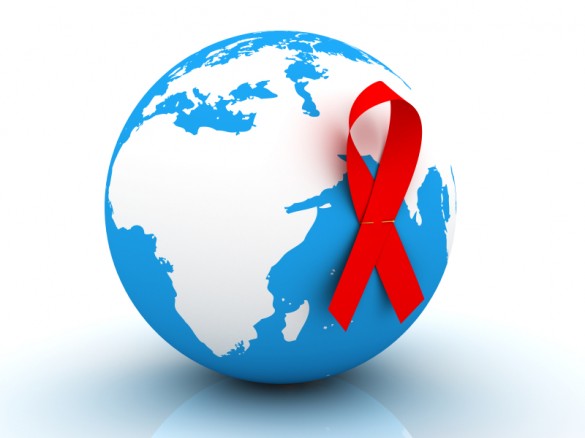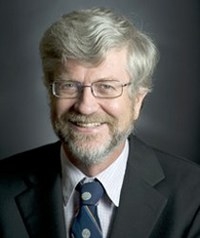
HIV-positive men and women can significantly reduce the risk of infecting their sexual partners by beginning antiretroviral therapy (ART) early, a multinational study conducted by the HIV Prevention Trials Network suggests.
The study, which began in April 2005, followed nearly 1,800 HIV-positive individuals and their uninfected partners in Africa, Asia and the Americas.
Participants were randomly assigned to two groups: in one group, HIV-infected participants immediately began taking oral antiretroviral drugs, while in the other they waited until their disease progressed. The study was stopped and the results publicized once it became clear that those who began ART early had a 96 percent reduced risk of transmitting the virus to their uninfected sexual partners compared to the other group.

“This rigorously conducted clinical trial demonstrates that ART dramatically reduces HIV transmission from an infected partner to an uninfected spouse or partner,” said Sten Vermund, the Amos Christie Chair of Global Health at Vanderbilt University who was involved in the study.
“Earlier therapy is a superior option that benefits both an infected individual and his or her uninfected partner, and we support global efforts to offer ART to everyone who needs it,” said Vermund, who directs the Vanderbilt Institute for Global Health.
The study known as HPTN 052 and chaired by Myron Cohen, associate vice chancellor for Global Health at the University of North Carolina at Chapel Hill, is part of several ongoing HPTN trials.
Vermund serves as principal investigator of HPTN; HPTN is largely funded by National Institute for Allergy and Infectious Diseases with additional funding from National Institute on Drug Abuse and National Institute for Mental Health, at the National Institutes of Health.
Family Health International, a global health and development organization, served as operations center for the network in facilitating the study.